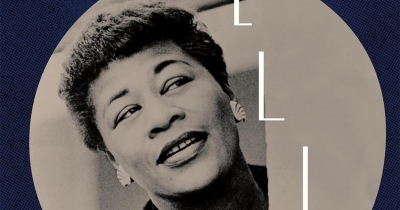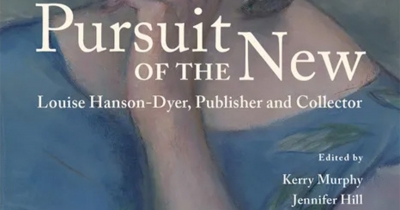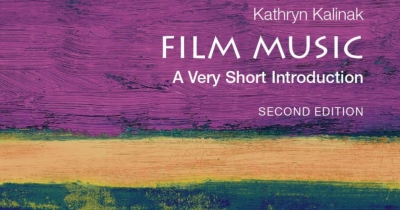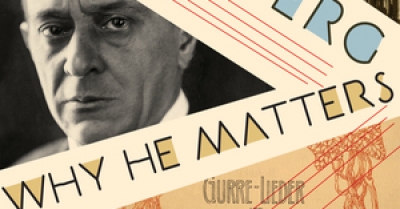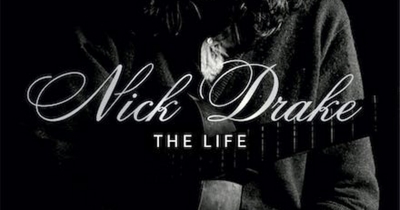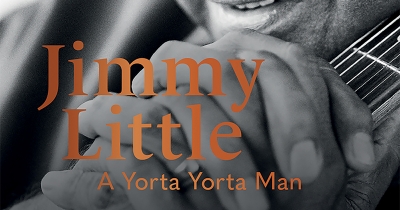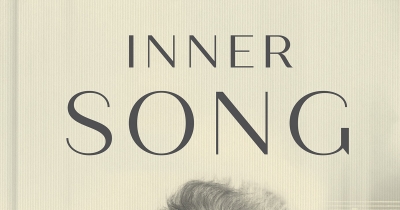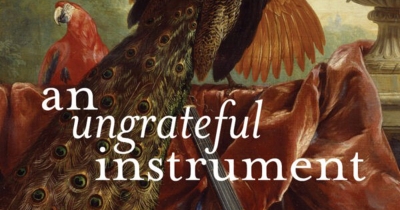Music
Becoming Ella Fitzgerald: The jazz singer who transformed American song by Judith Tick
by Robyn Archer •
Pursuit of the New: Louise Hanson-Dyer, publisher and collector edited by Kerry Murphy and Jennifer Hill
by Malcolm Gillies •
Film Music: A very short introduction, Second Edition by Kathryn Kalinak
by Richard Leathem •
Full Coverage: A history of rock journalism in Australia by Samuel J. Fell
by Des Cowley •
Melbourne International Jazz Festival
Melbourne International Jazz Festival
by Des Cowley •
30 October 2023
Building on the success of the 2022 Melbourne International Jazz Festival (MIJF) – never guaranteed, coming off Melbourne’s lockdowns – the MJIF’s artistic team, at first glance, looked to have voted for more of the same, casting a wide net to ensure that plenty of musical diversity was on offer. After the triumph of last year’s Big Saturday event at Sidney Myer Music Bowl, featuring New Zealand funksters Fat Freddy’s Drop, the Festival rebranded this year’s event Jazz at the Bowl, headlined by 1980s soul diva Chaka Khan and funk producer Nile Rodgers, best known for his pioneering work with Diana Ross and David Bowie.
... (read more)
